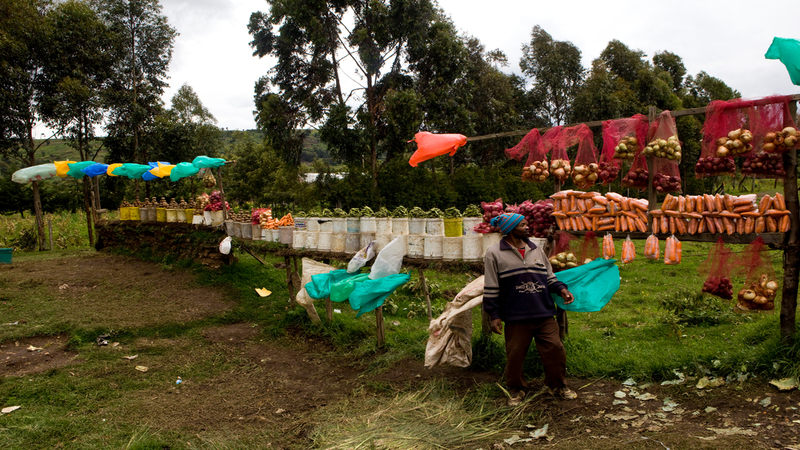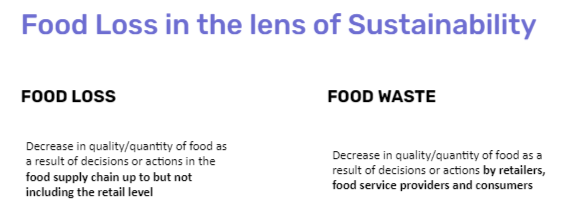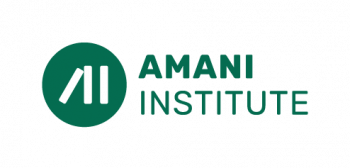1.9 billion tons of food is lost in Kenya. Yes, you read that right. 1.9 Billion tons of food. Yearly.
This is a sad state of affairs given that in Kenya, food security is a major challenge. We’ve often seen fundraising campaigns aimed at providing the disadvantaged with relief food and this is a stop-gap measure that is unsustainable. The bad news is that if left unattended, food security is going to be even a bigger problem in future. With Kenya’s population projected to be at over 60 million people in 2030, we must look at how to sustainably produce and consume food to ensure food security and render such relief campaigns relics of the past. On the flip side, the good news is that we have the knowledge and the ability to be food secure by adopting sustainable consumption and production practices.
Last week, for the 2nd edition of the Greenhouse Sessions event series, we tackled the topic of The Future of Food: Innovative Solutions to Kenya’s Food Loss Challenges (watch the recording here).
To clearly define the problem, we had a presentation from Dr. William Ojwang’ on exactly what is meant by the terms sustainable food production and consumption as well as demystifying food loss and two waste – to closely related but different concepts.

There is a lot of work going on in the Kenyan context to mitigate food loss and we had several innovative solutions highlighted by the following companies:
- Dudutech – a company that provided Integrated pest management services to help farmers cultivate their crops in an environmentally friendly manner.
- Taimba – A B2B online platform connecting rural small scale farmers to urban retailers helping alleviate market access challenges.
- Solar Freeze – A startup that offers portable solar-powered cold storage for smallholder farmers to store temperature-sensitive fresh agricultural produce.
After the innovation showcase we then ventured into a panel discussion that featured: Here are some key takeaways from the conversation:
Food Loss is a symptom of an alarming underlying problem.
“I’d consider food loss to be symptomatic of underlying systemic problems. In Kenya, agricultural policy is quite sound but the implementation of those policies is what contributes to food loss. These underlying problems could be lack of awareness, poor infrastructure, poor production practices, and climate change,” says Winnie Yegon.
A lot of the agricultural production in Kenya is not market led and this leads to the food losses as farmers have to source for markets after harvesting. In order to minimize such challenges, there needs to be a systemic approach to food production as one deficiency in the value chain ultimately ends up resulting in food loss.
To be food secure requires a fundamental rethink of usual agricultural practices.
“A lot of farmers in Kenya grow food crops using very conventional methods because it’s what they have known for the longest time. However for us to be able to coexist with nature, there is a lot of learning and unlearning that needs to be done,” posited Sheena Shah.
Through her work at Harvesting for Good Africa, Sheena is trying to spread knowledge about permaculture and its benefits throughout Kenya. The main approach Sheena uses to spread knowledge about permaculture is by working with farmers on model farms adapted to local contexts. This approach also taps into a “seeing is believing” mindset that most farmers have in order for them to transition to new approaches of farming.
For Kenya to be food secure, the youth have to be at the forefront in agriculture.
Despite agriculture being such an important economic activity in Kenya, there is a big challenge when it comes to involving the youth. There is a big perception problem – with many youths regarding agriculture as an unglamorous and unprofitable venture.
“There are so many opportunities to engage the youth especially when it comes to value addition. For example, we are urgently needing people to get involved in agriculture as extension officers. There is also an opportunity to provide digital marketing expertise to help widen markets for products or even engage in aggregating GIS to help farmers optimize their production,” said Dr. William Ojwang’.
Find out about the upcoming Greenhouse sessions via our website and sign up for the next events here https://www.greenhousesessionske.com/






